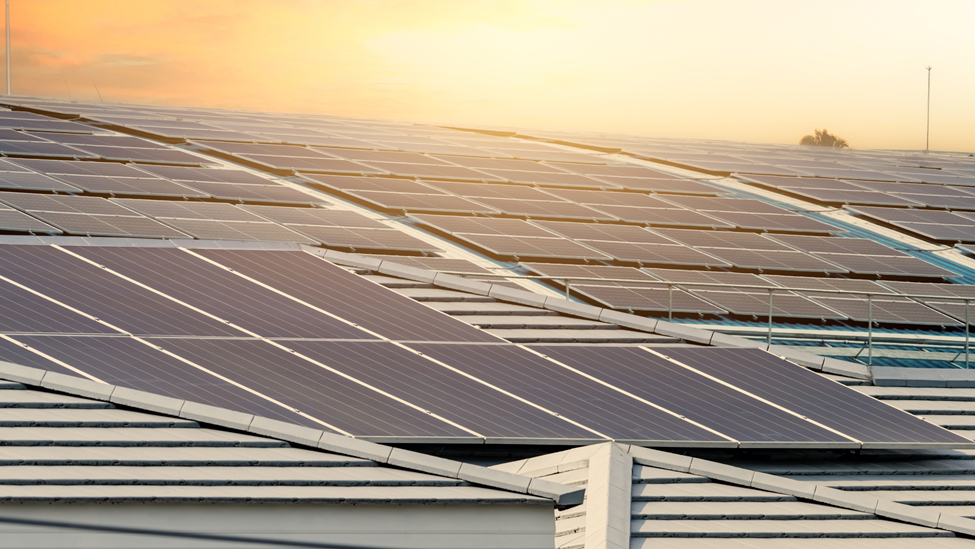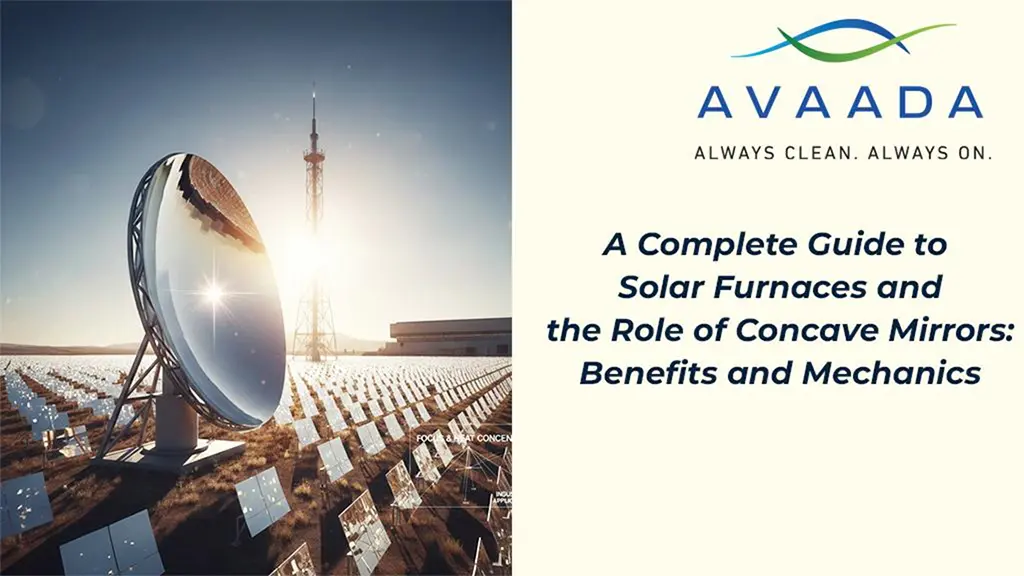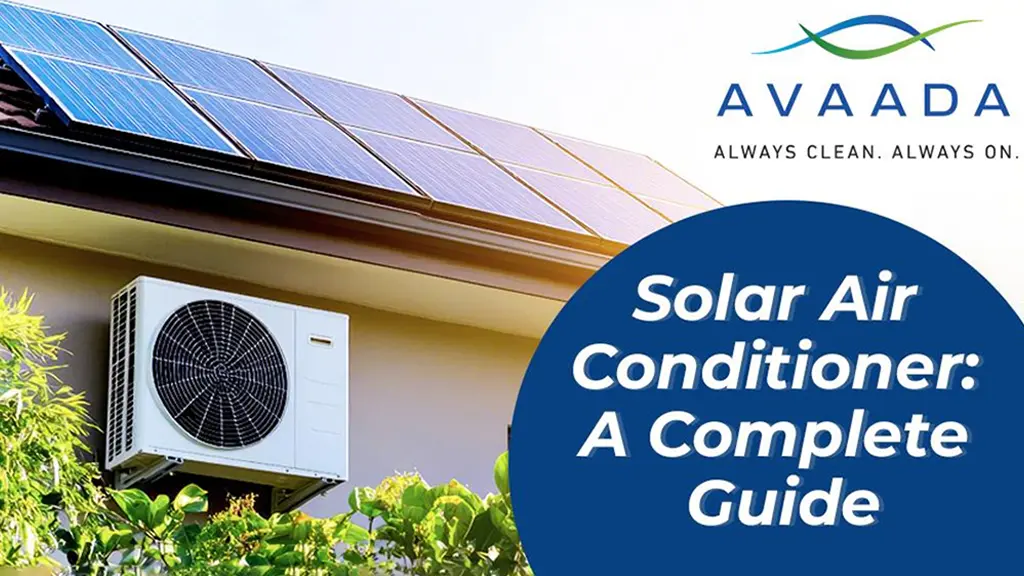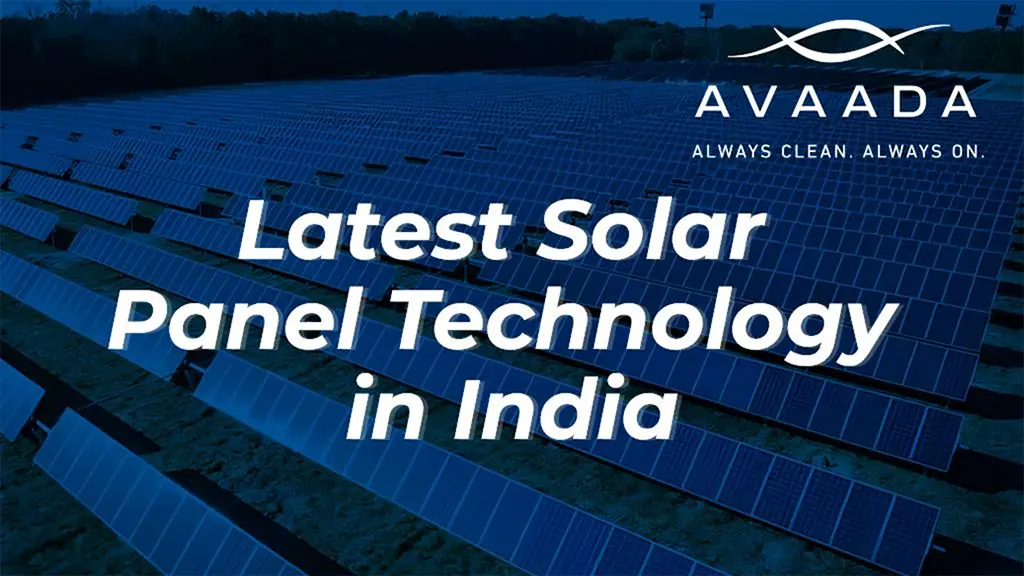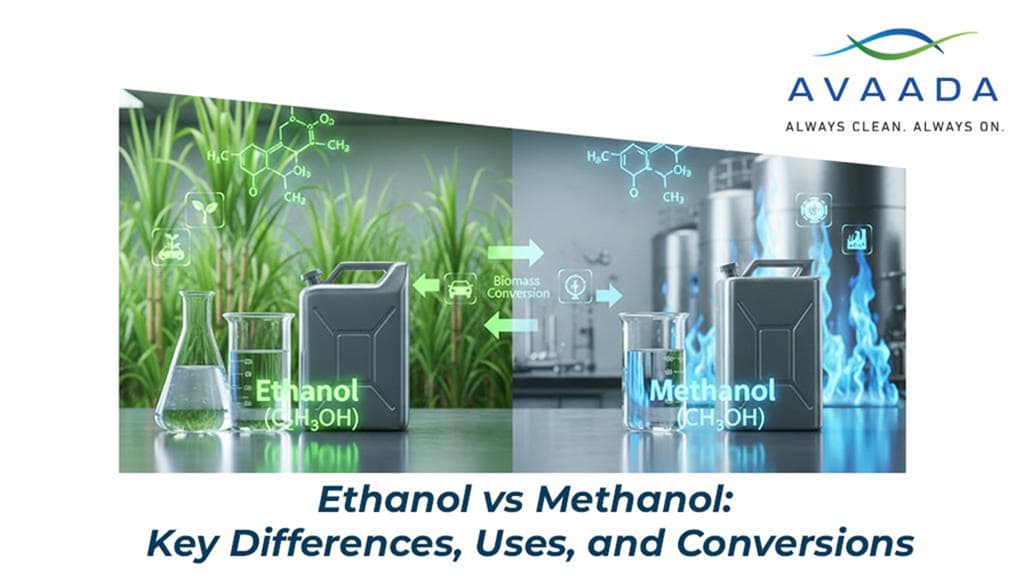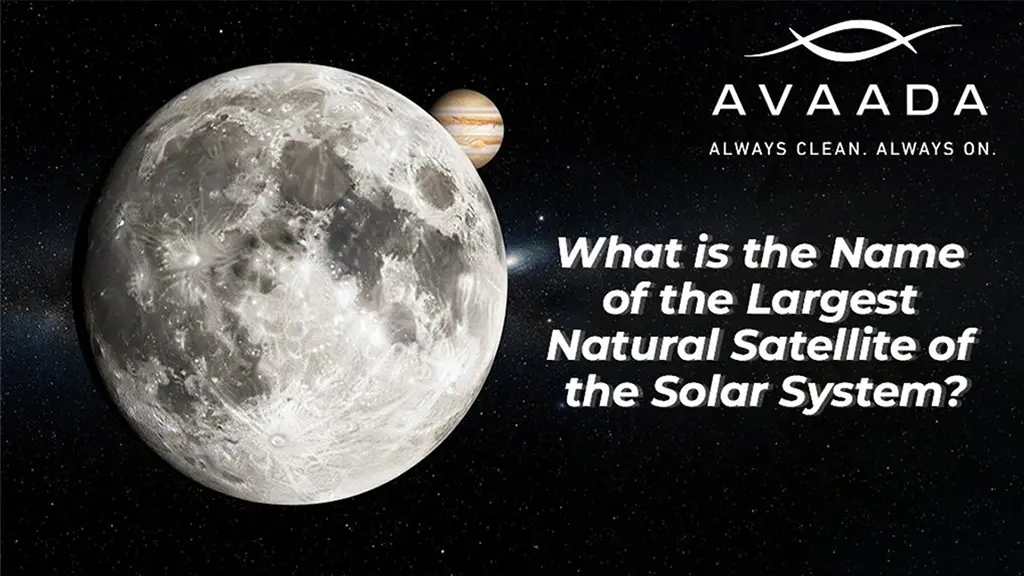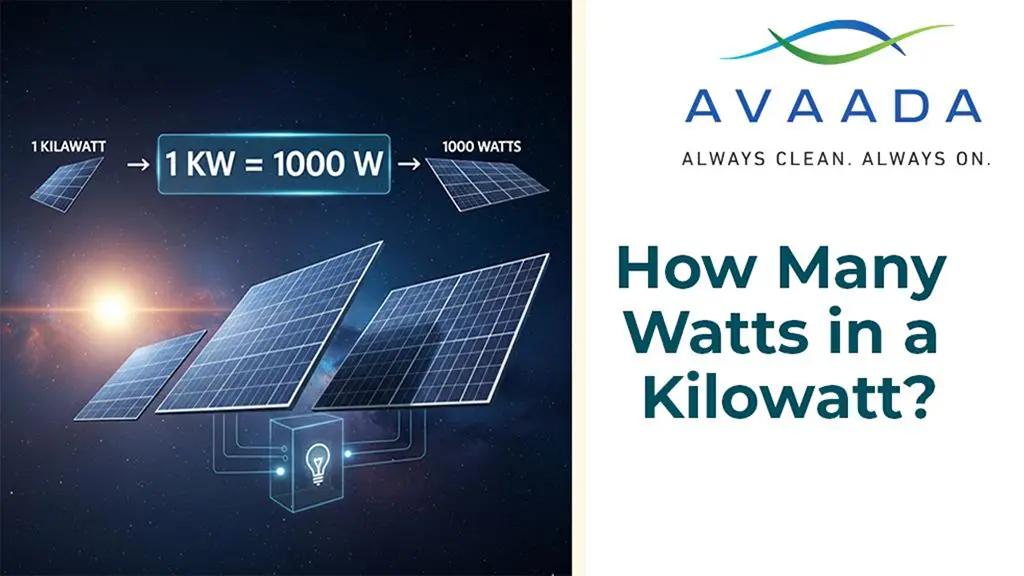“Every 24 hours, enough sunlight touches the Earth to provide energy for the entire planet for the entire year.” – Martha Maeda, Author
Solar power is becoming increasingly popular as a clean and renewable source of energy. More and more people are choosing solar energy for their homes and businesses to lower their carbon footprint and save energy expenses. On-grid and off-grid solar power systems are the two primary categories.
On-grid solutions add electricity to what you get from your utility solar company by connecting to the grid. Off-grid solutions, on the other hand, depend on battery storage and are completely autonomous.
They have similar advantages in spite of their disparities. The suitability of a solar system for your home or place of business will depend on your unique requirements and situation.
It is important to understand and delve deep into understanding the difference between on grid and off grid solar system and thoroughly analyze your unique demands and circumstances while choosing the best sort of solar system for you.
An off-grid or hybrid solar system is a great option to guarantee a dependable source of electricity, for instance, if you reside in a region where power outages occur frequently.
Alternatively, an on-grid solar power system can be a wise investment if you’d like to lower your carbon footprint and save some money on electricity. If it’s in an area with a stable electrical grid and little peak sunshine, it might let you take advantage of net metering and provide additional security.
Also Read: What is Solar Energy and How it’s Generated
What Is An On-Grid Solar System?
The on-grid solar system, often referred to as a grid-tied system, has the capability to generate surplus electricity, catering not only to residential needs but also extending its utility to the commercial and industrial sectors.
A fundamental prerequisite for the installation of this system is the existence of a functional electrical grid. During daylight hours, any excess electricity generated by the solar panels that surpasses immediate consumption is seamlessly fed back into the grid.
Conversely, during night hours or periods of insufficient solar generation, electricity is drawn from the grid to meet the demand. An advantageous feature of this setup is its adaptability; it ensures uninterrupted power supply for the property, regardless of solar energy production fluctuations.
One key distinction of this system is that it does not necessitate the inclusion of an energy storage battery, as the grid itself effectively serves as the energy reservoir, enhancing its cost-effectiveness and ease of maintenance with the help of energy storage solutions.
What Is An Off Grid Solar System?
The off-grid solar system operates autonomously, obviating the need for any grid connection. Nonetheless, the effective functioning of this system mandates the inclusion of a battery backup to accumulate the solar energy generated during daylight hours.
The key components of the off-grid solar system encompass solar panel manufacturing, a charge controller, a storage battery, mounting structures, and an inverter.
The solar panels diligently harvest solar energy during daylight, while the storage battery assumes the responsibility of accumulating surplus energy to facilitate the operation of electrical appliances during nighttime hours.
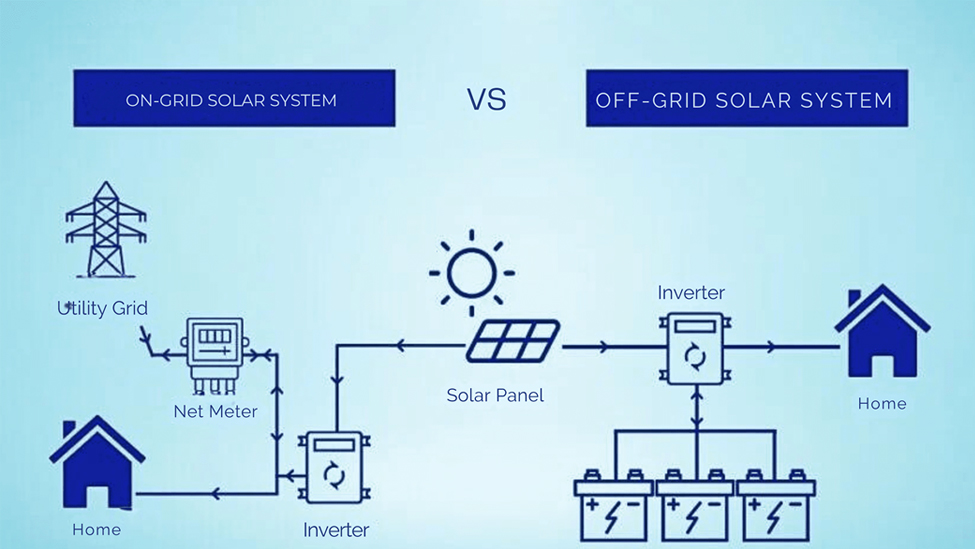

What Is The Difference Between On Grid And Off Grid Solar System.
There are several differences between on grid and off grid solar systems. Some are listed below:
Aspects | On-Grid | Off-grid |
Connection to the Grid | Are connected to the electricity grid. They generate power during the day and give excess power back into the grid. When the solar panels are not generating electricity, the system takes power from the grid | Are non-dependent on the grid. They store excess energy in batteries and rely completely on this stored energy for power when the sun is not shining |
Energy Storage | Do not require batteries to store excess energy for use during cloudy days or at night | Require batteries to store excess energy for use during cloudy days or at night |
Cost | Less expensive than off-grid | More expensive due to the cost of batteries and additional equipment needed for energy storage |
Maintenance | Maintenance for on-grid systems is generally simpler, as they do not require battery maintenance | Requires more maintenance |
Assurance of Energy | When the grid is operating properly, it has a high degree of reliability. They could, however, experience power disruptions if the grid fails | Offers reliable energy, even during grid outages, making them suitable for remote or rural areas where grid access is unreliable |
Also Read: Black And Blue Solar Panels
Conclusion
In conclusion, to understand the difference between on grid vs off grid solar systems, we need to consider a few aspects that includes location, budget, energy dependability, and environmental impacts. On grid vs off grid systems are a great option for homes and businesses wishing to lower their electricity costs and lessen their carbon impact because they are usually more affordable and better suited for urban and suburban regions with a dependable grid connection.
On the other hand, off-grid systems are a favored choice for cabins, distant houses, and off-grid communities seeking self-sufficiency and resilience to power outages because they provide energy independence and dependability in isolated or rural areas where grid connectivity is few or unpredictable.
Also Read: Facts about solar energy: Debunking Myths
FAQ’s
1) What Is A Solar Grid?
As the name implies, a solar grid system is one that is wired into the primary electrical grid. They are the most basic, affordable, and widely used kind of solar system because they don’t require an additional solar battery to function.
2) How Does The Cost Of Installation And Maintenance Vary Between On-Grid And Off-Grid Solar Systems?
Because off-grid solar systems need batteries, which increases their initial cost, the installation cost of on-grid solar systems is typically lower. Off-grid devices usually have greater maintenance expenses because of batteries. Because they rely on the grid, which is run by utility companies, for energy storage, on-grid systems have reduced ongoing maintenance expenses.
3) What Is A Hybrid Solar System?
A grid-tied, battery-storage-equipped renewable energy system is called a hybrid solar system. During the day, the system generates electricity using solar panels, and at night, when there is no sunshine, the extra energy stored in the batteries is utilized.
4) What Is The Difference Between Solar Panels And Solar Grid Panels?
Photovoltaic (PV) panels, another name for solar panels, are made to capture sunlight and turn it into electrical power. They are used to produce electricity from solar energy and are usually mounted on rooftops or in solar farms. Whereas solar grid panels refer to the solar power setups that are connected to the electricity grid — and work without any battery backup equipment.


